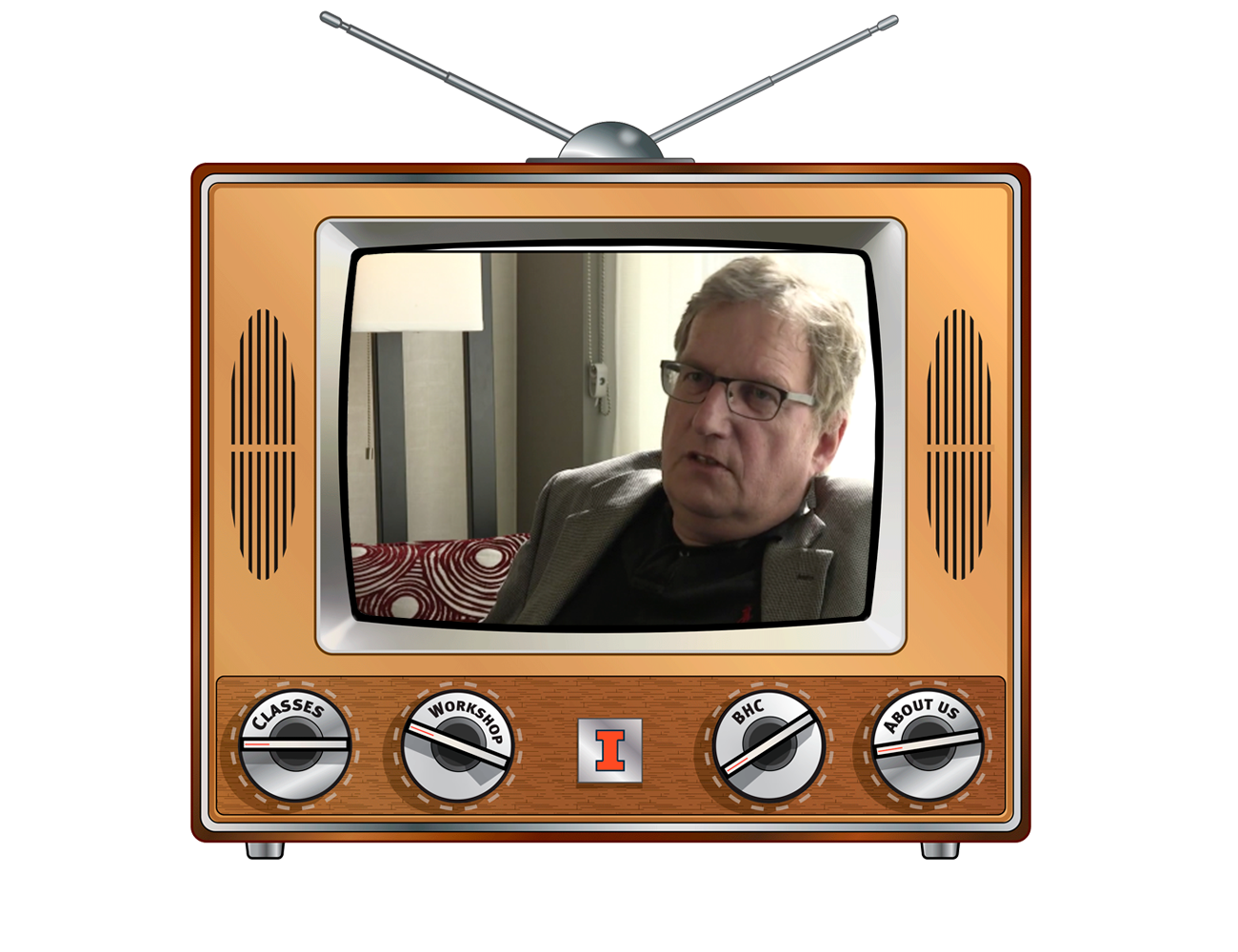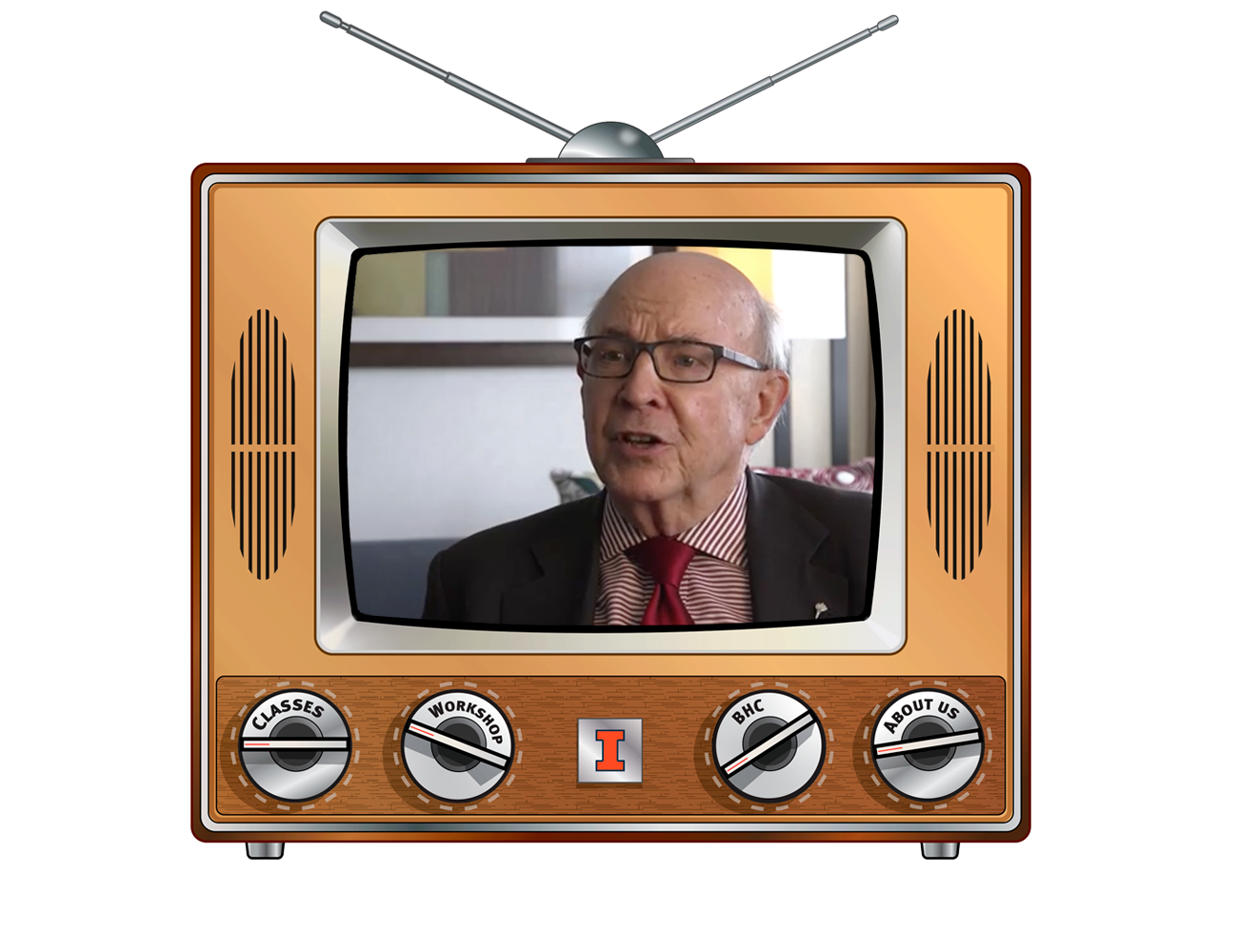Global operations of multinational corporations are often plagued with scandals resulting from crimes committed by their executives. How has this type of crime evolved throughout history? How does it help us to understand the present? Professor Hartmut Berghoff (University of Goettingen, Germany) explains this process in the video below. […]
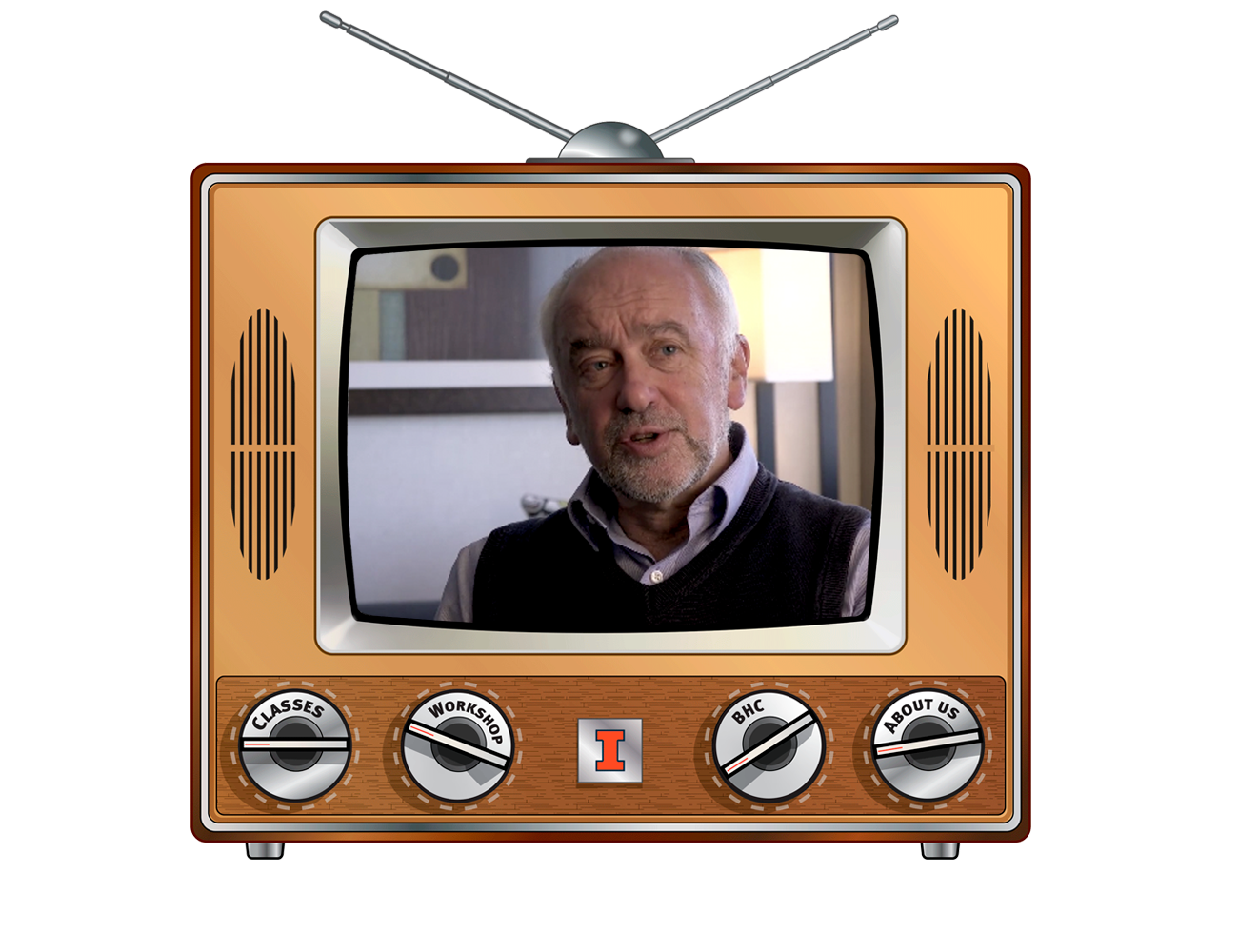
Shortly since Latin American gained its independence from Spain in the early nineteenth century, British investors showed interest in the region and kept arriving attracted by the different opportunities the continent offered. Rory Miller is a prominent business historian who has studied this subject for decades. In the following video […]

Few issues generate more heated debate than the regulation (or deregulation) of the financial sector. This became an increasingly important issue particularly after the 2008 crisis. How has the debate evolved in the United States? What has determined what policy is followed? Professor Mark Rose (Florida Atlantic University) and author […]

When it comes to the idea of “international financial centers,” places like London, New York, or Frankfurt come to mind. How did these cities become the centers of world finance? What can determine their fall? Taking a long-term perspective based on decades of research, professor Youssef Cassis, author of Capitals of […]
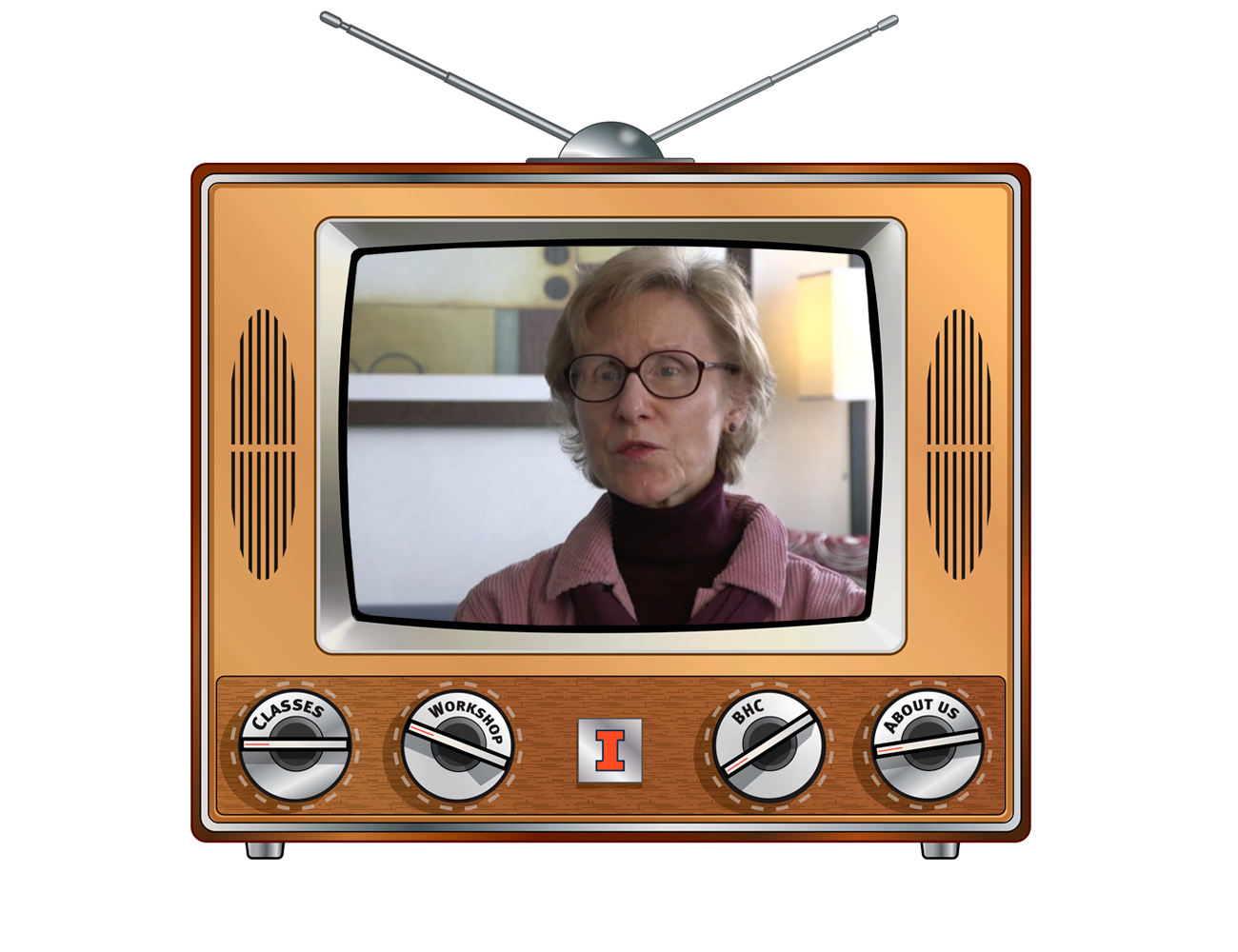
Few things as American as the celebration of the “self-made entrepreneur.” Thousands of books and articles have been written about this and there’s a constant call in American society for everyone to become a successful self-made entrepreneur. Where did this idea come from? How has it evolve? Have Americans always […]

communism Few concepts are considered as contradictory to the idea of “business” as “communism.” Communist regimes, however, needed to develop methods to manage their economies. Given that at some point Communist regimes included two super-powers and a significant portion of the world’s population, the way they managed their economies deserves […]

Traditional Marxist historians considered slavery the anti-thesis of capitalism. Recent research, however, has shown that both systems co-existed with each other and had strong ties. Caitlin Rosenthal (University of California at Berkeley) and author of Accounting for Slavery explains the ties between both systems regarding accounting and management practices. […]

Since the 1990s, historians started paying particular attention to the implications of including a gender-informed perspective in their research. Business history was not excluded from this trend. Mary Yaeger (University of California at Berkeley) editor of Women in Business and a number of influential publications is a pioneer in developing this […]
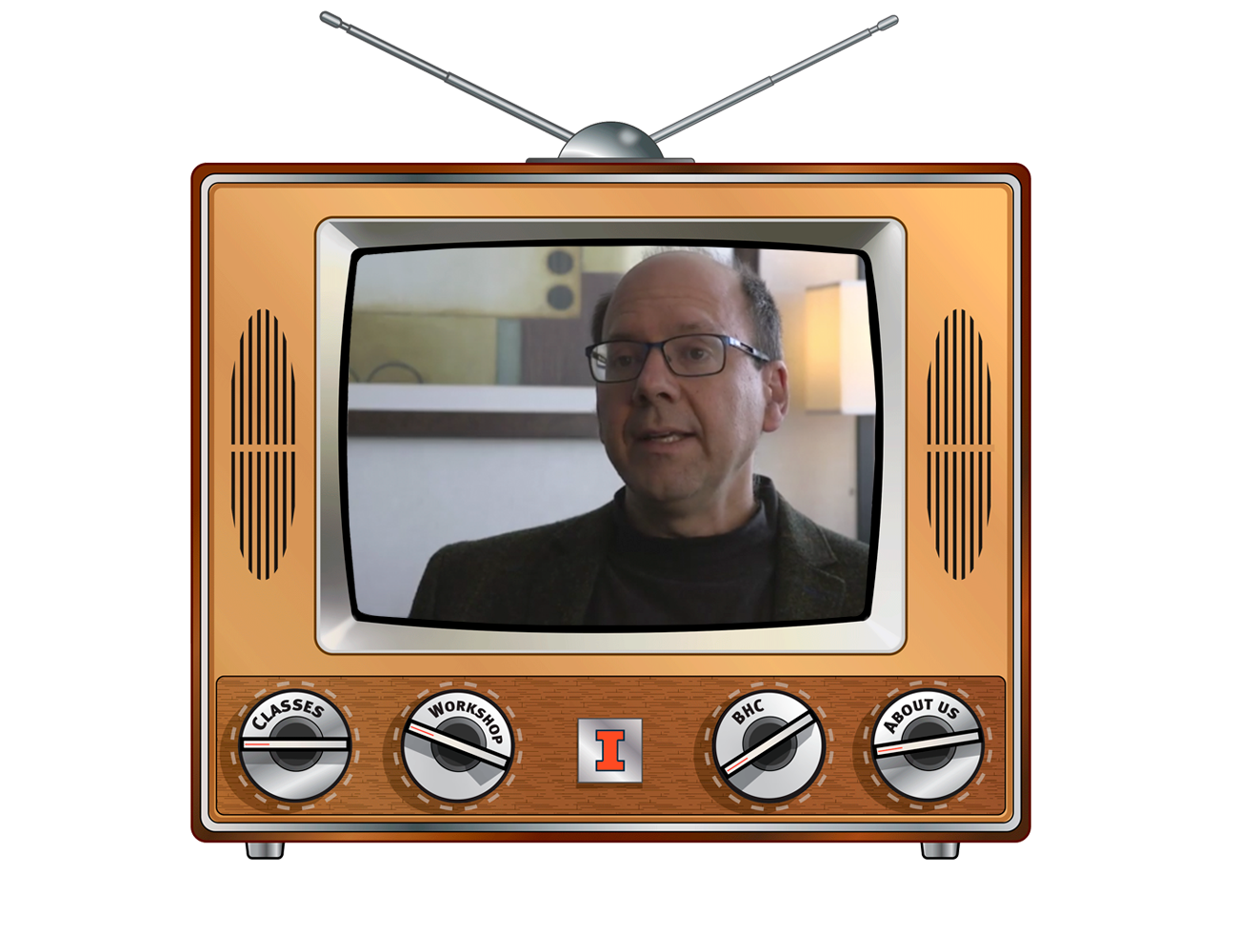
Every few years corporate America is flooded with huge corporate scandals. Edward Balleisen (Duke University) has written a ground breaking work on the subject on his book Fraud. In this video he walks us through the history of fraud in the United States and how the social and political responses have […]

